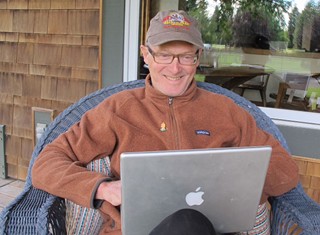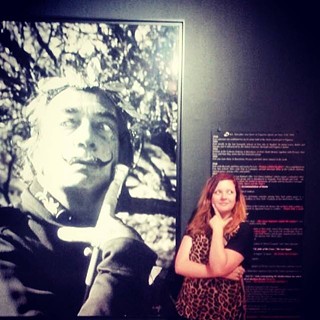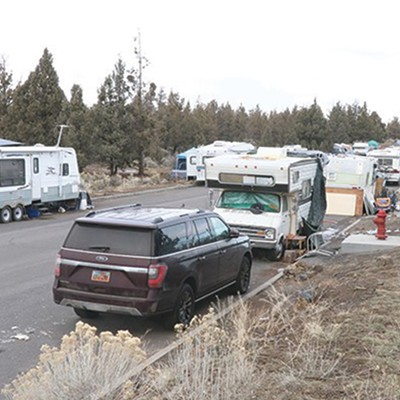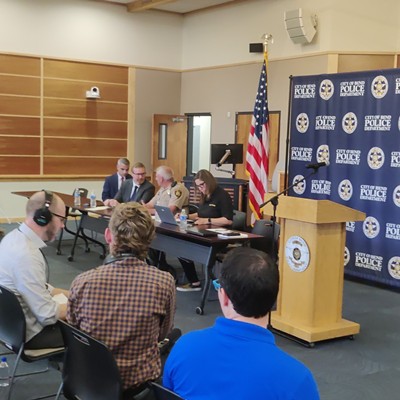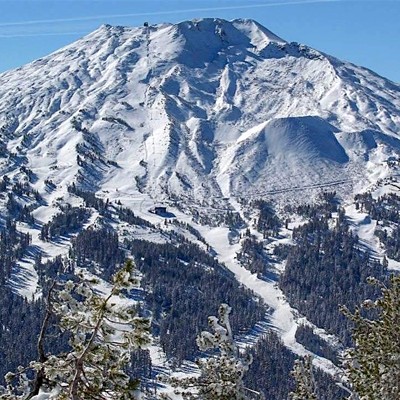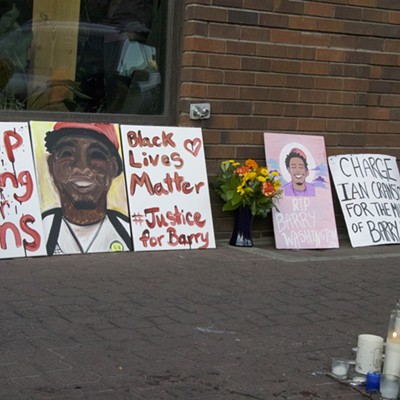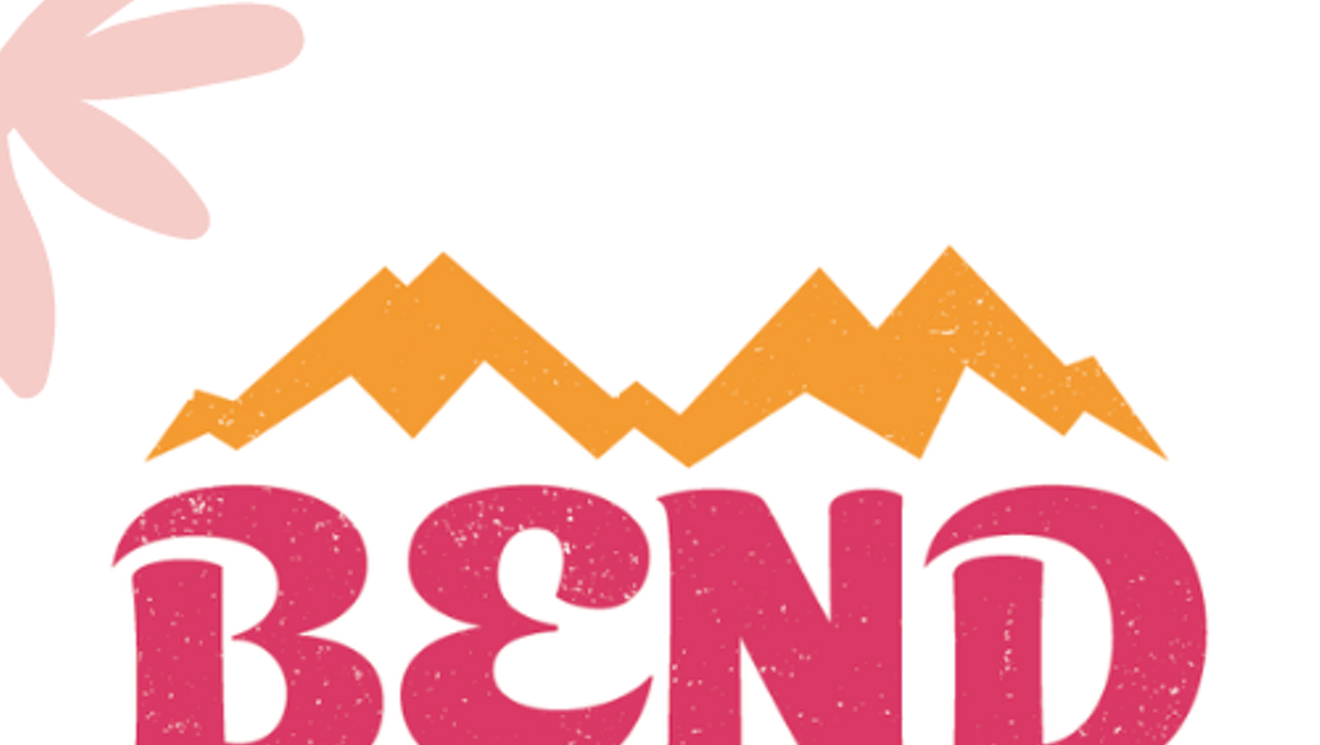As Bend edged toward 80 years old, the town was facing a drastic shift from an industrial town to a recreational one after the shutdown of Brooks-Scanlon Mill in 1983 because of dwindling lumber sources. In the subsequent decade, Bend's population didn't change much, growing slightly over the decade, 17,000 to 20,000 from 1980 to 1990. Little did we know that around the bend (so to speak), the booming '90s would bring a massive influx of "newcomers" to this sleepy Central Oregon town. Outdoor sports started their boom from whitewater rafting (Bend's first rafting company Sun Country Tours opened in 1978 and grew rapidly during the decade) to the advent of mountain biking. Craft beer also started its rise to prominence in Bend with the opening of Deschutes Brewery in 1988. Bob Woodward, former Bend mayor, journalist and mountain bike godfather moved to Bend in 1978 and recalls the climate of Bend pre-Deschutes Brewery; the calm before the storm.
Source Weekly: Why did you move to Bend?
Bob Woodward: We moved here to be closer to all the outdoor sports I was writing about and to establish a permanent home for the summer cross-country ski racing camps I owned and operated. Bend was sort of an unknown.
SW: Can you describe what your house was like?
BW: We had a drafty old millworker's house heated by a wood stove on the west side. Every time it rained the basement flooded. It also had a bad foundation made out of rocks so it was kind of on a tilt.
SW: What sort of jobs did you or your friends or family have?
BW: My wife did some waitressing and did admin for the ADIDAS summer camps we also managed. I worked as a river guide for Sun Country Tours when not trying to get published. The economy was still based on lumber. We did what we could, and then I got on with a couple of magazines.
When the timber economy shut down, you could roll a bowing ball down Wall Street and not hit a car. A lot of people left town. There was an old restaurant called Pat & Mikes and the owners would tell their employees to park on Wall Street to make it look like they were busy. There was high unemployment; the economy really suffered.
I remember Sue Hollern put together a group of volunteers to go downtown and clean up. We painted a building, put flower boxes out, anything to make it look nice.
SW: What was in the news?
BW: The biggest deal was someone shooting an arrow into the neck of the elk statue that used to grace the top of the old Elks Club on Newport Avenue. Scandalous.
They had 100 letters to the Bulletin; it was so humorous. Small things like that were a huge issue.
SW: Do you remember when Deschutes Brewery opened?
BW: When Deschutes opened, I scoffed. But props to Gary Fish for having the vision that craft brewing would take off. Opening the pub breathed a lot of life into a stagnant downtown. At first I thought, "Oh, here we go getting fancy beer..." but they've been a great community partner. We were raft guides so we got into whatever we could find on the cheap. I always drank PBR.
SW: Do you remember any major construction projects during that time?
BW: The big deal was trying to pave all the dirt streets that existed in westside neighborhoods. In my neighborhood it went from pavement to dirt in a block. You turned off Century Drive and there was a block of pavement, then the rest was dirt.
SW: What do you miss most about that time in Bend?
BW: The quiet, the lack of hustle-bustle. Solitude. It was really a cool little town with a nice sense of community. Saturday nights got a little noisy occasionally, but it was pleasant coming from a bigger city, it was a nice slowdown.
I wanted to live in a place where you could do a lot of stuff. Where I could get involved in politics, in theater, in all aspects of life instead of in the bigger city where you were pigeonholed. I think that is getting harder to do.

